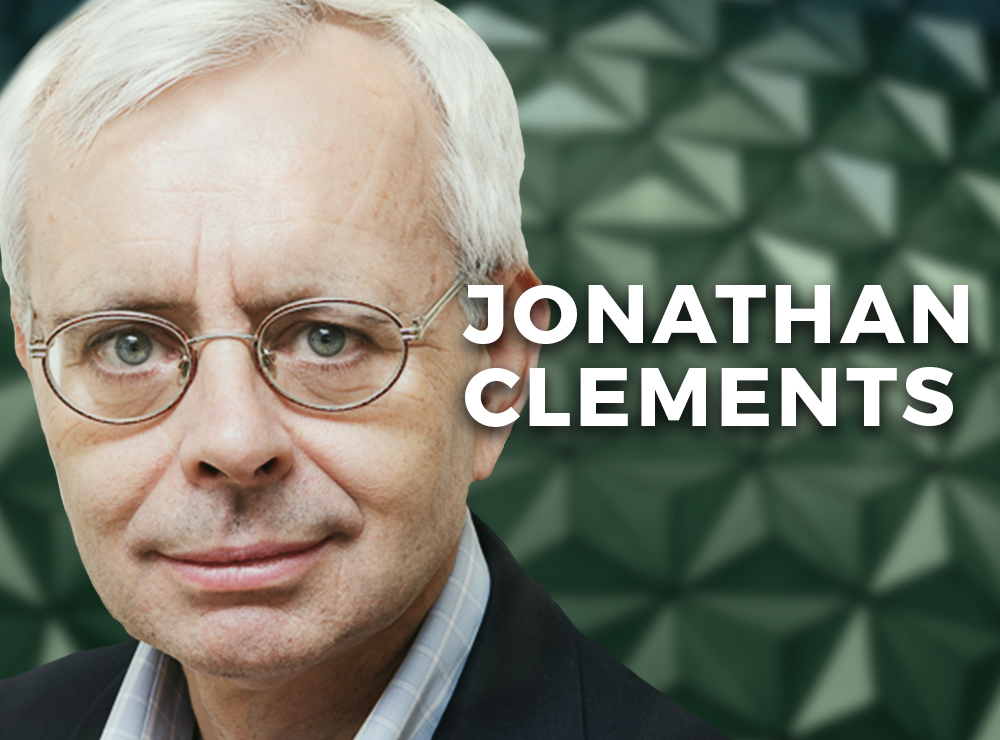
By JONATHAN CLEMENTS
Past performance is no guarantee of future results. But we keep hoping.
Over the ten years through August 2009, the large-cap stocks in the S&P 500 shed an average 0.8% a year, even with dividends included. Meanwhile, US value stocks beat U.S growth stocks, smaller-cap US shares notched 5.5% a year, developed foreign stock markets 2.7% and emerging markets 10.4%.
Fast forward one decade, and the leaders have become laggards and vice versa. Over the ten years through August 2019, the S&P 500 skyrocketed 13.5% a year, smaller US stocks 12.7%, developed foreign markets 5% and emerging markets 4.1%. And — just to complete the role reversal — US growth stocks have handily outpaced U.S. value.
We don’t know what the next decade holds
What does the next decade hold? Beats me. It’s why I favour owning a globally diversified stock portfolio — and why I cringe when I hear investors say that value investing is dead, or they own only US stocks, or bonds don’t make sense at today’s yields, or emerging markets are too risky.
Indeed, I’m baffled by the confidence of these investors, which seems to rest largely or entirely on taking the immediate past and extrapolating it into the future. By contrast, I’ve been at this for 34 years, and my confidence in investment predictions — whether they’re mine or somebody else’s — has never been lower. It took a few decades, but any sense of prescience I once had has now been thoroughly vanquished by countless failed forecasts. We may only have one past, but there are all kinds of possible futures, and I have no clue which one we’re going to get.
That said, these self-confident investors could be right — and, even if they aren’t, they should fare just fine if they hang on for long enough. With the glaring exception of Japanese stocks, recent history suggests that any reasonably diversified, reasonably low-cost bet on a major market segment should pan out nicely if we stick with it for 30 years.
We invest for 30 years but focus on 30 days
But those words are much easier to write than live. Today’s second-guessing of emerging markets, value stocks and other market segments is a reminder of how much our thinking is hostage to short-term market performance. Our investment time horizon may be 30 years — and perhaps far longer, especially once we figure in our heirs — but our emotional time horizon is often more like 30 days, and even that estimate may be generous.
Indeed, if we own any major market segment for 30 years — whether it’s blue-chip US shares, smaller US companies or foreign stocks — we’ll likely suffer a 10-year stretch when returns are mediocre or worse. If that one market segment is our only portfolio holding, it’ll take great emotional fortitude to stick with it. Most folks simply aren’t that resilient.
That’s why we should build globally diversified stock portfolios, and also throw in at least a small helping of bonds. Global diversification isn’t just a defence against our own lack of clairvoyance. It’s also a way to buy ourselves a little more patience, so we’re more likely to stick with the laggards — and be there to make money when they finally return to favour.
JONATHAN CLEMENTS is a veteran financial journalist. He spent nearly 20 years on the Wall Street Journal and has written several books about investing and personal finance. He is the Founder and Editor of HumbleDollar.com and Director of Financial Education for Creative Planning in Overland Park, Kansas. You can follow him on Twitter @ClementsMoney.
Jonathan is a regular contributor to TEBI. Here are some of his most recent articles:
What’s your excuse for not saving more?
Reflections on all-time market highs
What I learned from five crashes
You may also be interested in this interview with Jonathan we published last September:
The logic for indexing is irrefutable










